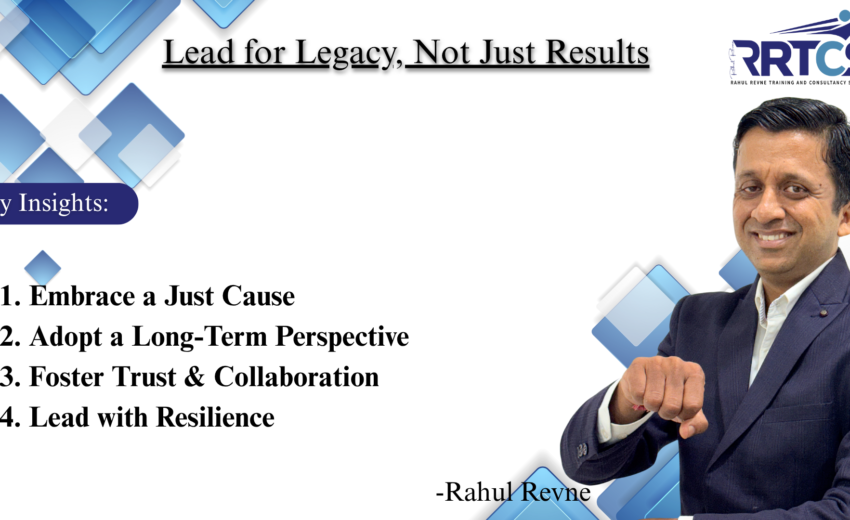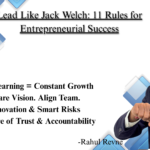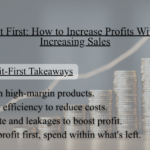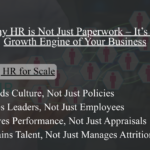
How Visionary Leaders Shape the Future Beyond the Finish Line
In today’s rapidly changing world, leadership is no longer about winning—because in the long run, there’s no such thing as a final victory. Business isn’t a sprint; it’s an infinite game.
Popularized by Simon Sinek, the infinite game mindset challenges traditional models of leadership driven by quarterly results and short-term wins. Instead, it asks leaders to focus on enduring purpose, long-term impact, and collective progress.
In this blog, we explore five key traits of infinite game leadership—brought to life through the journeys of visionary leaders like Ratan Tata, Satya Nadella, Indra Nooyi, Sundar Pichai, and Kiran Mazumdar-Shaw.
🔹 1. Embrace a Just Cause
At the heart of infinite leadership lies a Just Cause—a bold, long-term mission that inspires action and gives meaning beyond profits.
Ratan Tata, former chairman of Tata Group, exemplified this through the company’s purpose: “To improve the quality of life for the communities we serve.” From healthcare and education to clean energy, Tata’s initiatives were rooted in uplifting society—earning unmatched trust and loyalty from stakeholders.
🔹 2. Adopt a Long-Term Perspective
Infinite-minded leaders resist the temptation of short-term wins and prioritize sustainable growth.
Satya Nadella, CEO of Microsoft, shifted the company’s culture from “know-it-all” to “learn-it-all.” By focusing on empathy, innovation, and customer-centric success, he transformed Microsoft into a powerhouse of cloud, AI, and digital transformation—built for the long haul.
🔹 3. Foster a Culture of Trust & Collaboration
Trust fuels innovation. Infinite leaders cultivate environments where people feel safe to share, collaborate, and grow.
Indra Nooyi, former CEO of PepsiCo, championed a culture grounded in diversity, inclusion, and empathy. She opened the door for diverse voices, empowered employees to lead, and built a culture of belonging—laying the groundwork for long-term innovation and engagement.
🔹 4. Lead with Resilience and Adaptability
Change is constant. Infinite leaders evolve with it.
Sundar Pichai, CEO of Alphabet (Google’s parent company), has steered the tech giant through waves of disruption. His leadership is marked by agility, continuous learning, and a future-ready mindset—ensuring Google remains at the forefront of global innovation.
🔹 5. Develop & Empower Future Leaders
Sustainability in leadership is about building others up.
Kiran Mazumdar-Shaw, founder of Biocon, has made leadership development a strategic priority. Through mentorship, talent investment, and a culture of learning, she’s ensured Biocon’s continued growth as a globally recognized biopharmaceutical company.
Infinite leadership is not about beating the competition—it’s about playing with purpose, resilience, and vision.
Leaders like Ratan Tata, Satya Nadella, Indra Nooyi, Sundar Pichai, and Kiran Mazumdar-Shaw remind us that true success lies in serving a cause, nurturing people, and building legacies that outlast any market cycle.
By embracing the infinite game, today’s leaders can create organizations that endure, evolve, and make the world better—one decision at a time.











